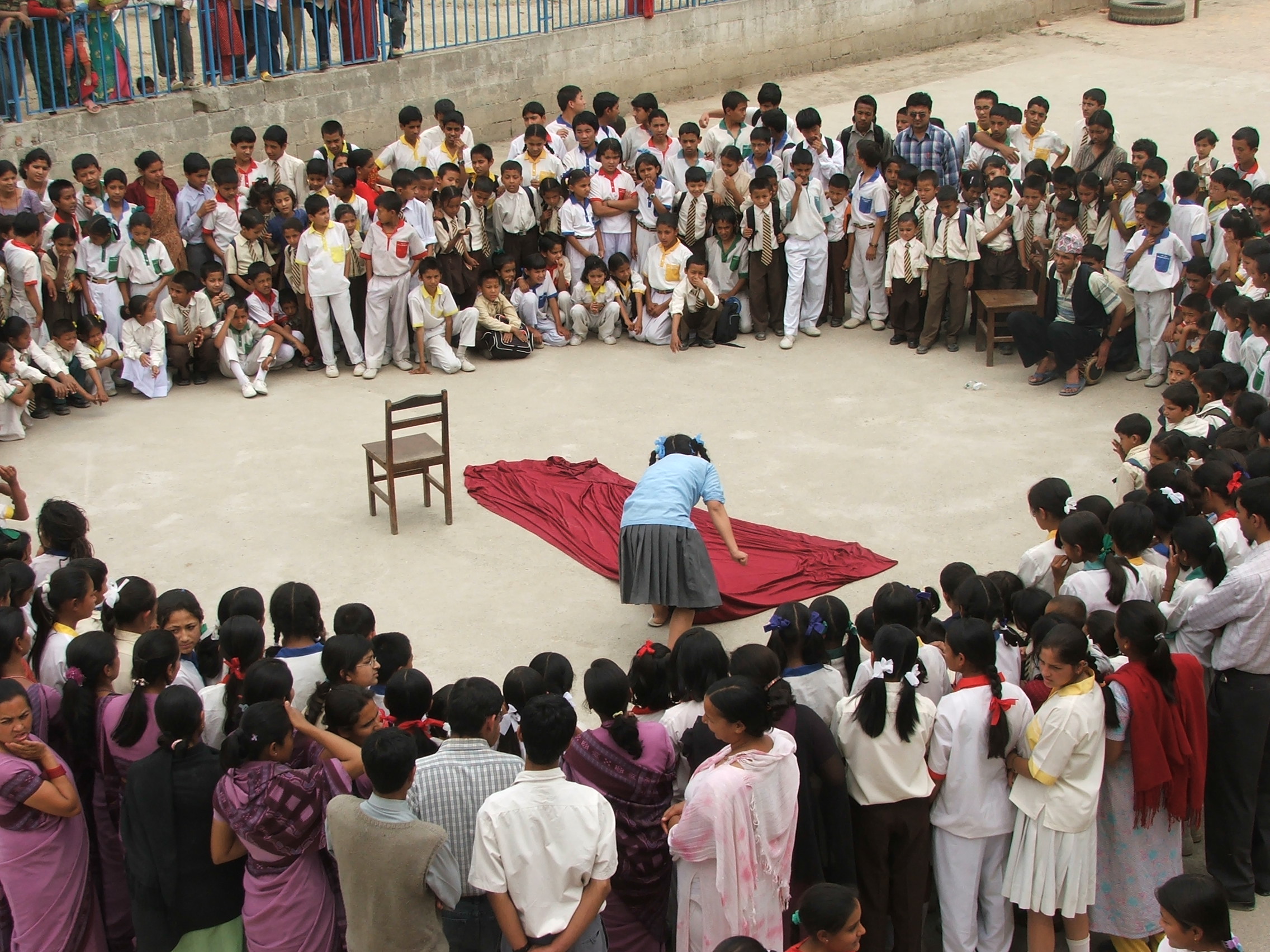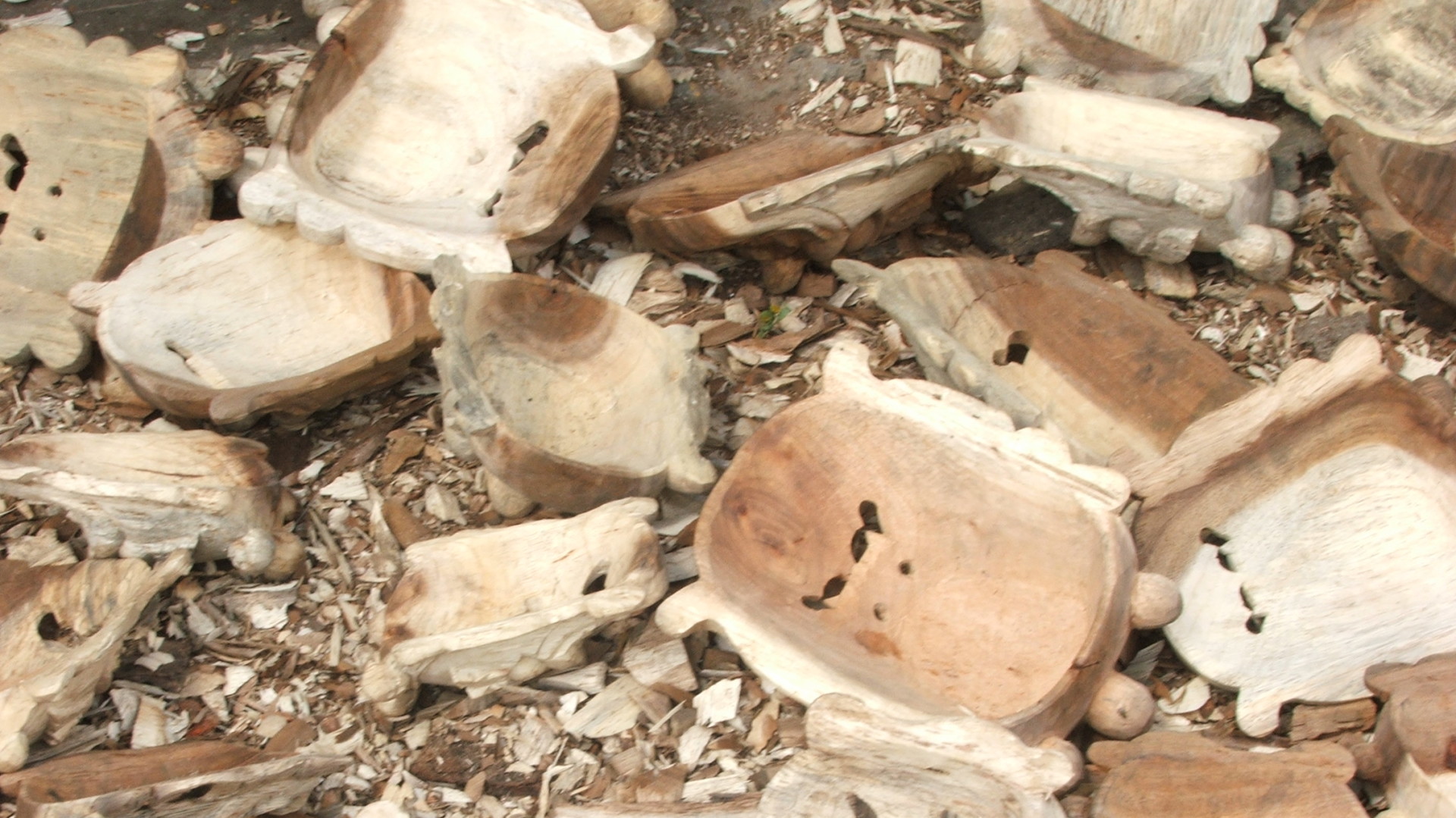Rehearsing for Life. Theatre for Social Change in Kathmandu, Nepal (2010)
- Rehearsing for Life. Theatre for Social Change in Kathmandu, Nepal. PhD Thesis, SOAS.

Abstract. The objective is this research is to examine the production and performance of theatrical activities aiming at bringing about social change in both development and political intervention. My investigation began with Aarohan Theatre Group, a Kathmandu-based professional company and subsequently extended to Maoist cultural troupes. I have taken a critical perspective considering theatre as a mode of socio-cultural practice embedded in the wider socio-political reality. Thus, I present an account of what it means to do theatre and live by theatre in contemporary Nepal, from 2005 to 2006, through the artists’ perspective. Co-performance, that is participation in some performances, complemented participant observation as a methodology.
Theatre provides an outstanding context for both social reflection and symbolic action. In a manner similar to ritual, theatrical performances can become deliberate means for both constructing and de-constructing power and symbolically legitimizing or de-legitimizing authority.
In Nepal, modern artistic and political theatre developed side by side. First, an historical overview of its development will set the scene for understanding the role played by theatrical performances in the years 2005-2006. In fact, during my fieldwork, history repeated itself. The restrictions on civil rights imposed by the king through the 2005 Emergency affected both street and proscenium theatre activities. Subsequently, ethnographic descriptions will illustrate the theatrical apparatus that the king employed to legitimize his power and how autocracy was similarly resisted and fought against in the streets through theatrical forms of protest and street theatre, loktantrik natak. I will then narrow my focus to a specific form of participatory street performance, kachahari natak, to describe how it was adopted and adapted in Nepal and how the theatre group developed as an organization. In conclusion, I will draw comparisons between different forms of ‘theatre for social change’, kachahari natak, loktantrik natak and Maoist cultural programmes.
